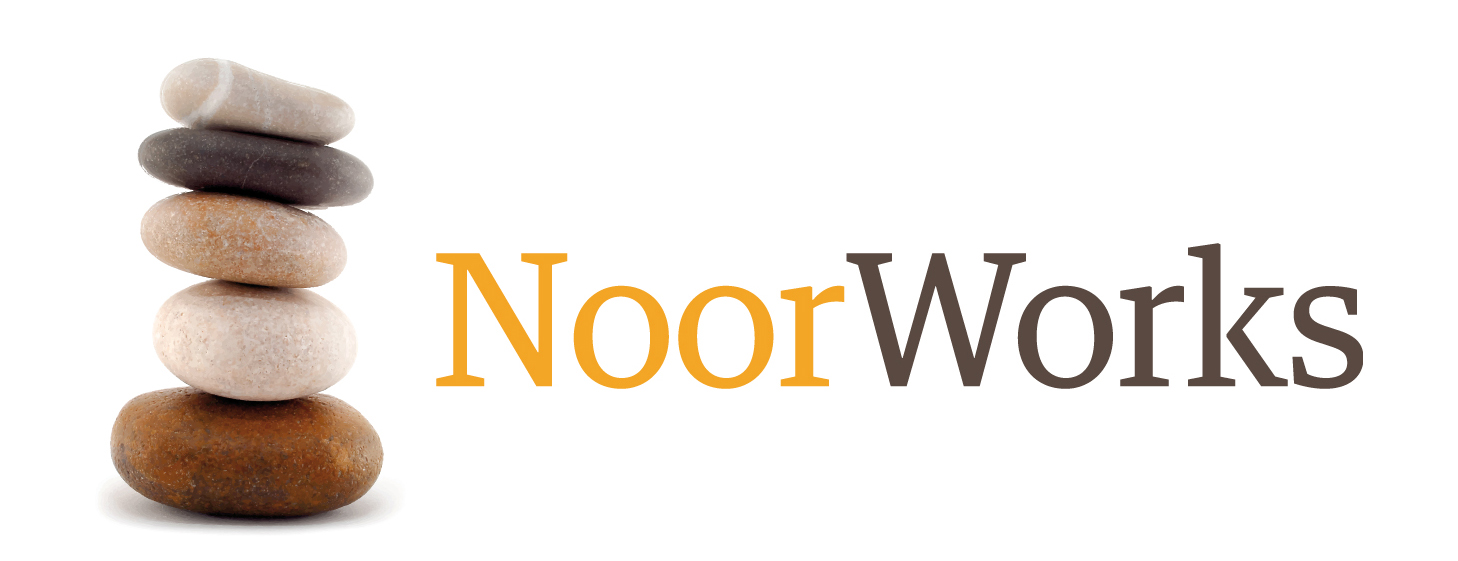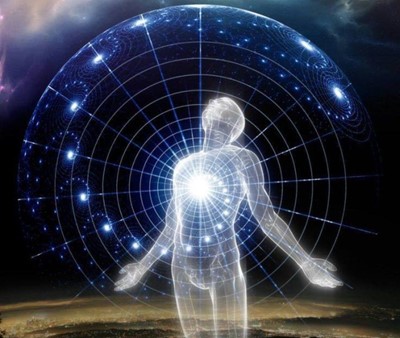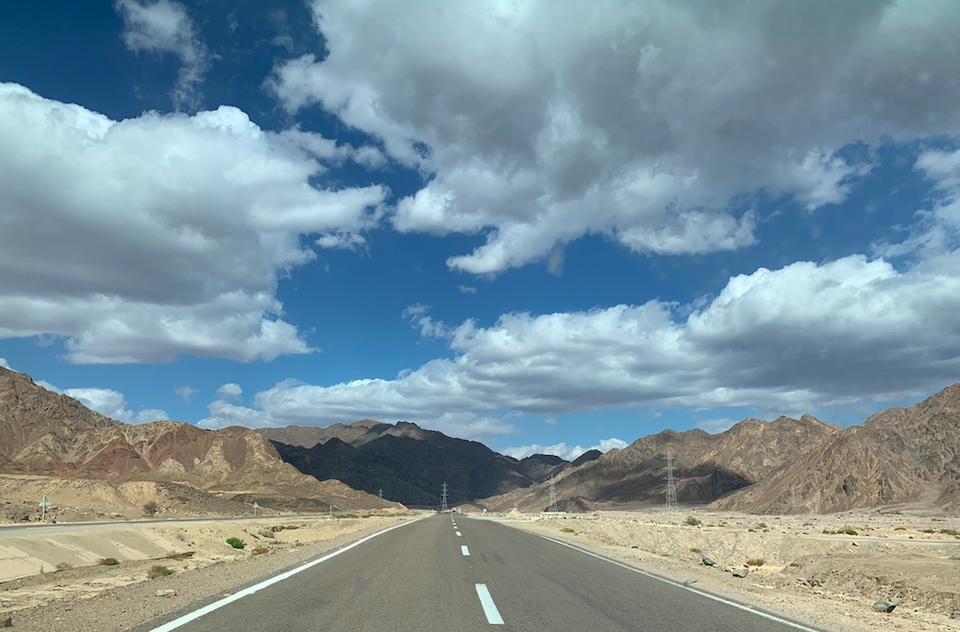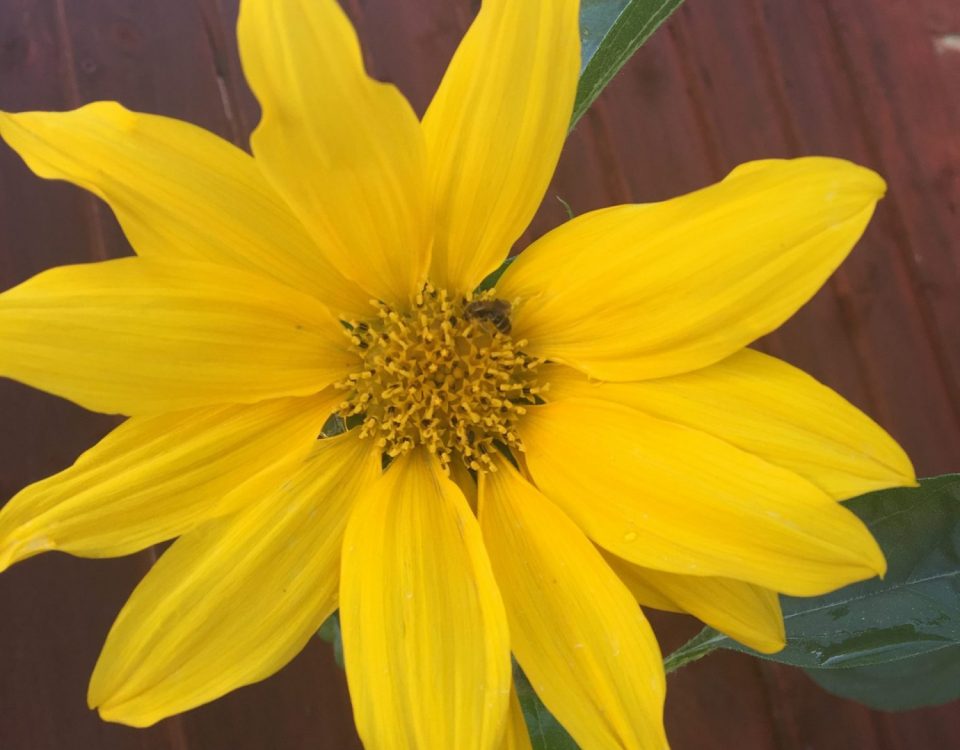I Took A Knee – by Smita Caulker Tomalin

The Art of Unlearning
10 March 2019
Simplexity of Human – by Mohammed Ali
25 March 2021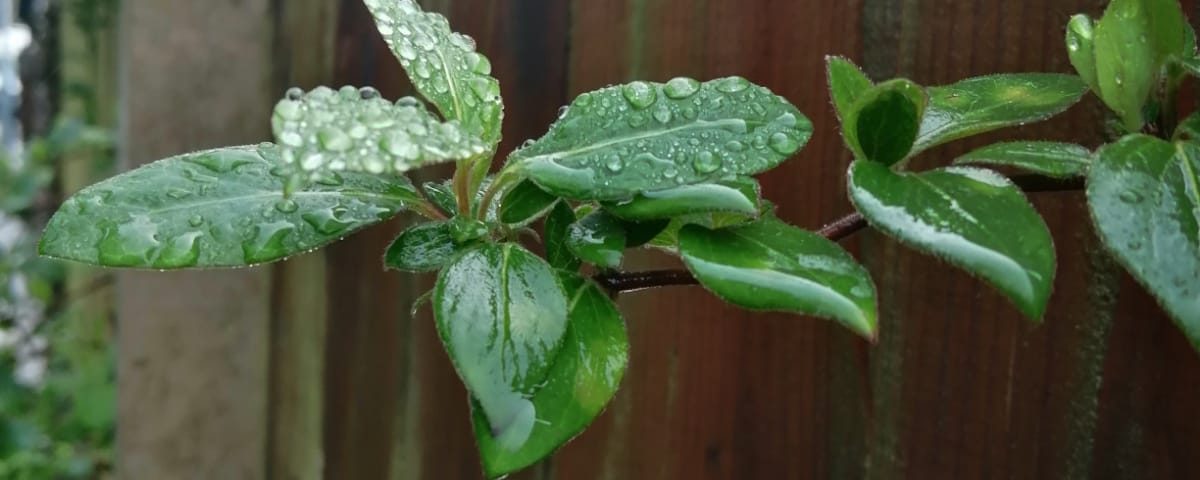
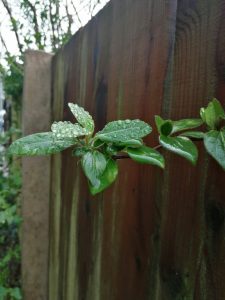
A few weeks ago, Priti Patel, Home Secretary for UK and a woman of colour, made a statement that was shocking in its disassociation from simple human empathy. She said that in her opinion, to take a knee was dreadful.
This is my response :
In September 2016, a much loved NFL player, Colin Kaepernick, knelt on one knee on the fields of the National Football league, instead of standing, as was the tradition expected for the American national anthem as it lauded the “home of the brave and land of the free”. He did this in protest against police brutality and systemic racism in the USA. His gesture was widely applauded and maligned in equal measure, but not forgotten, and was taken up as a symbol of rebellion from that moment on.
On 25th May 2020, another African American man, George Floyd, was killed by a police officer leaning with the full force of his body on his knee pressed into the back of George Floyd’s neck for eight minutes and forty six seconds; and as the saying goes, the rest is history. The Black Lives Matter protest movement (BLM), which had begun in 2013, found a new and powerful symbol of protest by appropriating Colin Kaepernick’s gesture to highlight the reality of racism and honour George Floyd with all those who have been killed by racial profiling that has happened and continues to happen in the USA.
I took a knee one month later, June 2020, in Totnes, Devon, England.
It was organised by a local community collective. A friend sent me a text about it just the day before the event.
I have been living here in Totnes for thirteen years now. When people ask me how I came to be here, I can only shrug my shoulders and say something lame like ‘meant to be’, for without any kind of clear plan, my steps brought me here for the first time one gorgeous sunny day in May 2007.
I found the Dart, the tidal river that winds its way through the bottom part of the town, beautiful. As I walked up the high street, people smiled at me and made eye contact as if they wanted to know who I was, and I was allowed to connect with children without feeling that I was somehow doing something not quite right. Two weeks later, I moved into a lovely bedsit with a stunning view and was invited to work at the natural health centre that serves the community here.
There were and still are, only a few black people here but somehow that has always felt okay to me. It is clear that each one of us is here for a specific reason and is recognised in this community, so the smile and nod and the extra acknowledgement that we give one another of a hand on the heart since taking the knee is a recognition with meaning that needs no words.
Two friends who do not live here in Totnes texted me to say they wanted to take a knee with me. I had no idea then that I could not have borne it without their support.
We met up at the bottom of the high street as people began to gather while observing the social distancing rule. The three of us took our places about two thirds of the way down the hill.
Totnes High Street is about a mile long from the top to the bottom.
The market place is about a third of the way down and the Seven Stars Hotel, the large and most obvious rendezvous spot, is at the very bottom.
We all arranged ourselves in a line on the pavement. Cars went up the high street and the people in them checked us out, some smiling, others blowing on their horns, others ignoring us. There was chatter and some good-natured banter up and down the long line.
I stood between my two friends, the only black person in the part of the street that I could see.
Suddenly the bell of St. Mary’s Church, the focal point for all religious rituals, services, weddings and funerals as well as classical concerts, began to ring out the noon hour and everything else went silent.
Everyone in the line dropped to one knee. Even though I could see so little of it, I was aware of the length of men and women stretching from the market place down to the bottom of town, all in absolute silence, all down on one knee.
As I write this, I can sense the gravity of that moment rising up and filling my heart and throat with tears.
On that Saturday noontime, something within me burst open and a grief the likes of which I had not experienced before or since, filled me.
The force of it was so overwhelming my body dropped onto the pavement with my head resting in my hands on the ground. I wanted to stretch out on to the pavement, even out into the middle of the road and howl!
The actual taking a knee was to last for the eight minutes and forty six seconds it took George Floyd to die, but the silence continued up and down the high street. The cars that came up no longer blew their horns. No one made a sound.
As I sobbed and sobbed, I felt a pair of arms reach around me and hold me tightly. I did not look up to see who it was, but I could smell the person — a very strong odour. I laid my head on the person’s chest and sobbed. Social distancing had no place at this depth. After a little while, the arms loosened around me and I was alone again.
When I was finally able to sit up, my friends told me that the person who had reached out to me and held me was one of the homeless men that spent their days on the high street.
That same afternoon, as I was leaving the high street on my way home, I noticed a black woman leaning against a building sobbing her heart out. There was a white man and a young child both hovering not far from her not knowing what to do. Without a thought in my head, again it was a moment too deep for social distancing, I went up to her and put my arms around her. My perhaps never-to-meet-again sister and I held on to each other and grieved a shared grief. I remember thinking, if I need to die at this moment, it is because there is something stronger than fear here. My heart agreed.
A door had opened in our memory cells and all the pain that we as black people have carried since racism began was pouring out of us. We were one.
It is clear the BLM movement has expanded into a dimension where it has taken root and can never be marginalised or ignored again. The Me Too movement is the same. No sexist or misogynist can pretend not to know who they are when they choose to perpetuate that form of discrimination. Not anymore. Likewise, no racist can pretend innocence of racism. The days of “I didn’t know” are over.
By going down on one knee, in that act of acknowledging George Floyd and all those who have been killed one way or another because of the colour of their skin, a new awareness has been born in both blacks and whites, if they so choose. There is no going back now, no “I didn’t realise how bad it was”.
I feel a change has taken place in the collective connection of black people. I know this because I can feel it in me.
Yes, rage might be what is expressed, or fear, indifference or just plain denial, but underneath whatever the natural protection mechanism might be, an innocent place that every human heart knows wails in agony “Why? Why isn’t it okay just to be me as I am?”
The acknowledgement and honouring of that pain creates the oneness that has black people, when we meet on the high street, putting our hands on our hearts for a second.
“I see you, Sister.”
“I see you, Brother.”
Once I was in Elmina Castle in Cape Coast, Ghana with my sister and brother-in-law. Elmina Castle was one of the final destinations on African soil for those put on ships to face the long voyage to the USA as slaves, a practice that went on for four hundred years.
There is a room in the castle named The Room of No Return. There is nothing to see beyond it but the ocean where the ships were waiting to transport the captives…no more Africa.
There the feisty rebellious ones were hung up until they had no more energy or will to resist. Girls were taken from there and sent upstairs to pleasure the white masters. Boys as well. Fathers and brothers and sons and husbands watched as their mothers and wives and sisters and daughters were taken.
Mothers and sisters and wives and daughters saw their fathers and husbands and sons and brothers taken the same way to pleasure their white masters. The walls of that room breathed out utter despair.
Tears streamed down my face.
That night we had dinner in a restaurant in the town. There was music of course, sweet music…this was Africa after all. I swayed silently to the rhythms and melodies flowing in and out of my body as I ate my dinner.
Suddenly there was a voice in my head, a pressure on my heart, a whisper in my ear.
“We were here”.
I recognised at once that it was those taken souls asking to be acknowledged, to be met, to be seen.
“Yes, you were here.” I whispered to them. “I see you, my brothers and sisters.” And I danced for them all, reverently, silently in my heart and soul.
What taking a knee has shown me is that even then with all those tears, with all that acknowledgement of those enslaved beings in Elmina, I had ended the day sitting in a nice restaurant having a delicious meal.
Black Privilege.
We all hear a lot about white privilege these days, white entitlement. It is a necessary awakening for everyone.
But we are not yet calling out black privilege, black entitlement. This is also an essential awakening for us all.
Since George Floyd was killed following all the ensuing demonstrations that have happened in so many places, blacks and whites and everyone who chooses to re-educate themselves to some real truths are revisiting history through books and articles and manuscripts. We are becoming more conscious of how much of the lives of the black race in the USA has been left unrecorded, ignored, wiped out.
For example, an enslaved African in Boston introduced his owner to the principal procedure of inoculation, which then led to the development of the first vaccine in 1796. His name was Onesimus. His owner, Mather, took the credit and found his way into the history books.
Just out of curiosity the fountain pen was created by a Walter Puvis, a black man in 1890.
The stethoscope, by another black man, Thomas A Carrington, in 1876. The list is long.
My black privilege and entitlement story began with Thomas Corker in the 16th Century. He was one of the sons of a successful shipping family in Falmouth, Cornwall.
In the late 16th Century, Thomas sailed down the West African coast, an employee of The British Trading Company, the equivalent of any mega-Cooperation of our time. He landed in Sierra Leone and married the daughter of one of the most powerful and influential chiefs. The marriage, political or otherwise, was the beginning of my part of the Corker family, later known as Caulker — the black part. Even today the name Thomas for a Caulker son is an important acknowledgement of our heritage and the continuation of the Caulker line.
Our chieftaincy is part of the fabric of Sierra Leone. Madame Doris Lenga Caulker Gbabyor II is the Paramount Chief at the moment, and at her death, the title will be given to another Caulker. Like the royal family, the line stays with us.
Thomas Corker died in 1600, He was in his early thirties. On his plaque in a church in Falmouth, it is written that he died of an unspecified illness.
When I first came to live in Totnes, I went to Falmouth to pour libation on his burial site and say thank you to honour him because, without him, I would not be here.
I am a Caulker. My eldest sister has written a book: The Caulkers, A Ruling Family. We have always ruled. Entitlement is in our blood and bones.
My father became ambassador to the UK in the early ‘60s.
My siblings and I watched the Queen’s birthday celebrations from 10 Downing Street. All young children of diplomats did.
We lived in a beautiful house in Hampstead and drove around in a black Rolls Royce.
There are photographs of my father with JFK when he was later ambassador to the USA.
My parents were at Princess Margaret’s wedding.
In my life up till now, as I have had very little racial abuse directed at me, I can remember each incident clearly.
As a girl of about 13 I was yelled at by a bunch of boys while on a school outing in Brighton where my boarding school was.
“Nigger go home!”
Later I was told I was too black to go to the school dance at Brighton Boys College. I was 16 years old at the time.
Many years later I was browsing in the well-known up market bookshop Barnes and Nobles near Central Park in New York when I realised I was being followed around the store by one of its staff. The expression on his face was clear: “You are not welcome here”.
Sometime around 2004 in the Himalayas, I was yelled at by someone I thought I knew fairly well in the middle of a meditation retreat because I was singing softly to myself and he wanted “The nigger girl to shut up”.
Of course, there has been abuse, not directed at me per se but present:
A man poked his head into the Roll Royce window and shouted to one of my aunts: “Look at her sitting there, black as the ace of spades”.
A poster of beautiful black toddlers in a gift shop in Idaho had the title: ALLIGATOR BAIT.
On a bench at the bus stop here in Totnes someone had scratched into the wood: “C’mon nigger pick my cotton”.
I did not realise how much my sense of privilege had shielded me from connecting deeply with the pain of abuse, out front or subtle, which so many black people have to cope with here in England, in the rest of Europe and most especially in the USA. I was unaware how much structural racism I managed to avoid because I knew how to look and act classy. I am only now understanding the implications of this entitlement because a friend who was too dark for the playground of her childhood and lived in the wrong postal code area made me realise how much I assume I can have what I want because I am ‘special’. It does not make me ashamed or defensive — quite the reverse. I am grateful to have the family I have, the family line that is my story. I honour and say thank you for all that it has allowed me to have and do, but at the same time, that blind protective cloak of entitlement is gone. I am part of a much bigger family now and I am grateful that it has come to this.
I am equally grateful that white privilege, white entitlement is beginning to crack; the belief that the world is yours, that you are acceptable just as you are because you are the right colour. I am grateful that many white people are owning up to this unconscious mind set and letting it go. It is a huge step in the right direction if we can all come closer to the realisation that we are human, just that, and all our differences are just differences, not better or worse, just different with no more significance than that.
And so I say yet again: Thank you George Floyd for opening the door to this moment of collective oneness and, therefore, ultimately the possibility of a growing togetherness for all those of us who dare to kneel in the depth of pain when it shows itself, and in the meeting of it realise that the story for the pain might be different from person to person, but the pain is the same, as joy is, as fear is for every human, then we can recognise ourselves in one another and turn towards our common humanity rather than away from it. We can, in the words of Bob Marley, set the captives free. For we are the captives. All of us.
And I say to Priti Patel, I hope the day can come when you too, a woman of colour, can face your pain and bring some healing to yourself and those your job requires you to serve, and that you can understand that to take a knee is an honourable and life affirming gesture, not a dreadful one.
There is a beautiful story of a small boy home from his first day at kindergarten telling his mom excitedly about his new best friend. He says, “His name is Samuel and his hair is different from mine. It’s in lots of little plaits.” His mother stops him to ask, “Is Samuel black?” The child thinks for a moment, then responds, “Dunno. I’ll ask him tomorrow.”
Smita Caulker Tomalin, Totnes. March 2021
